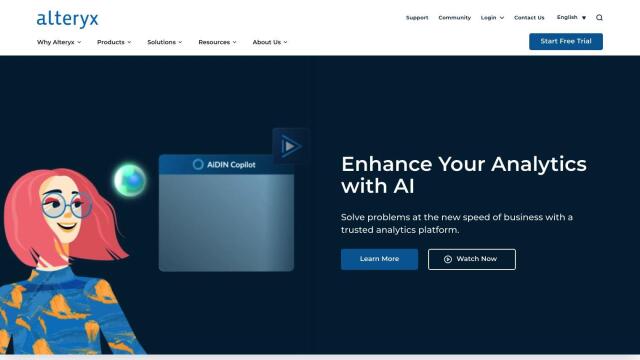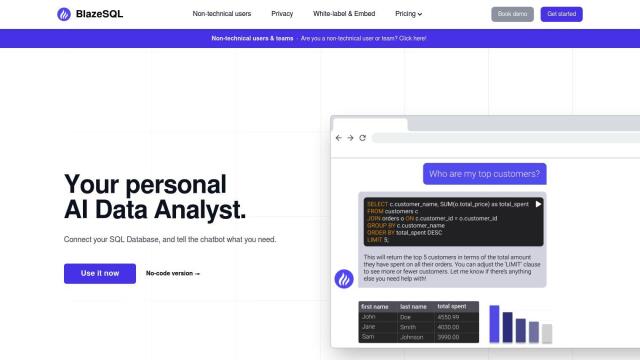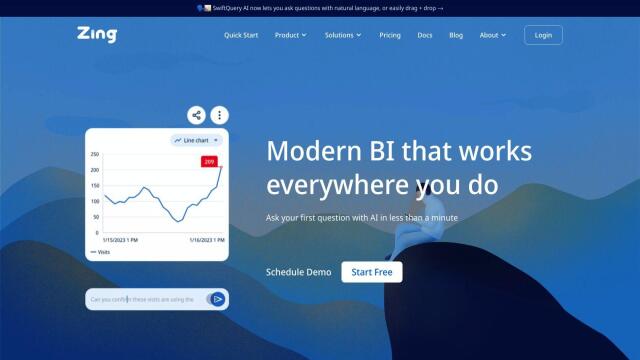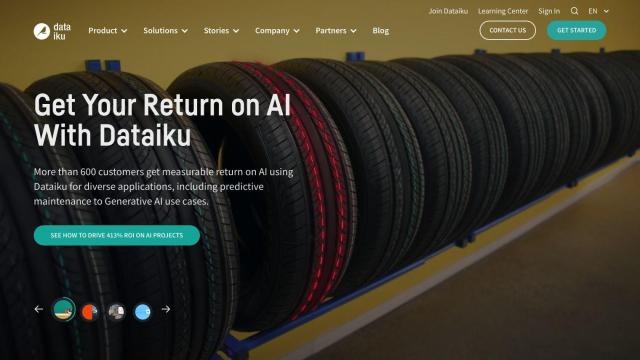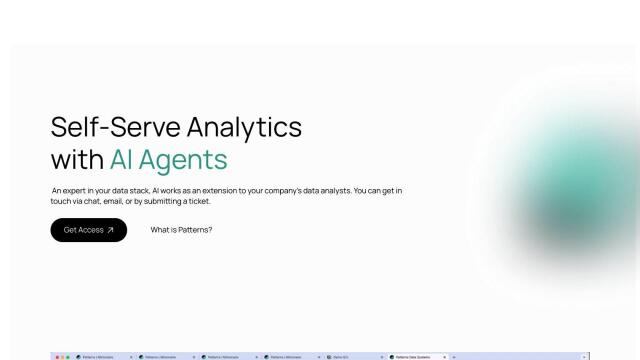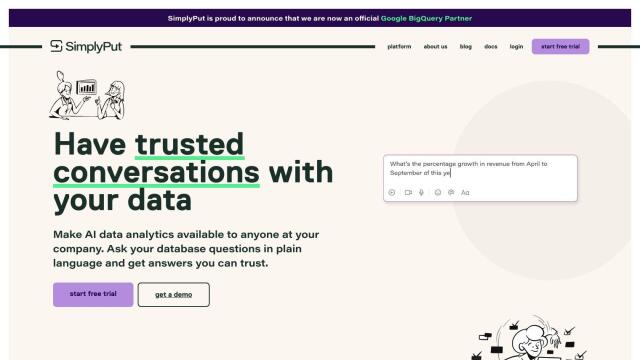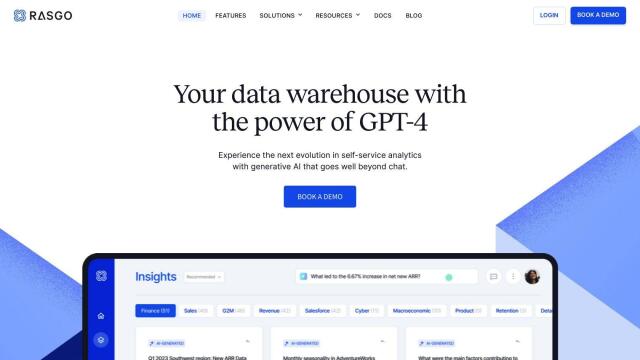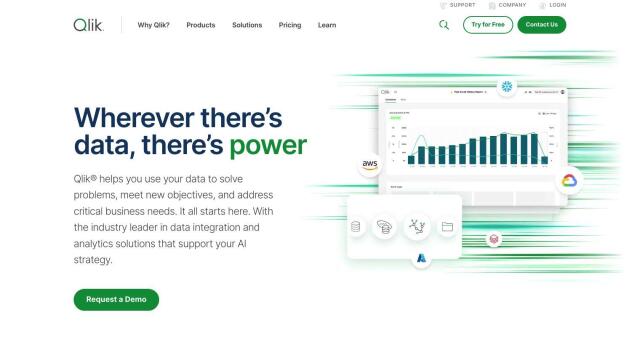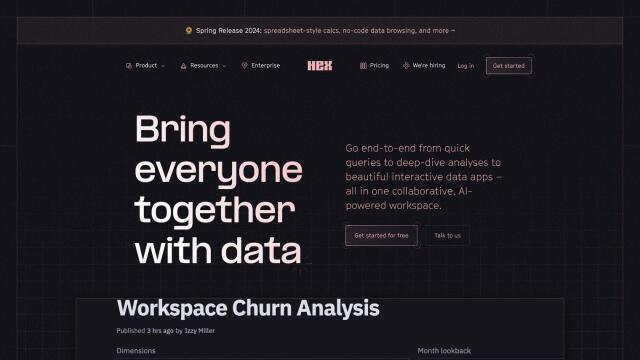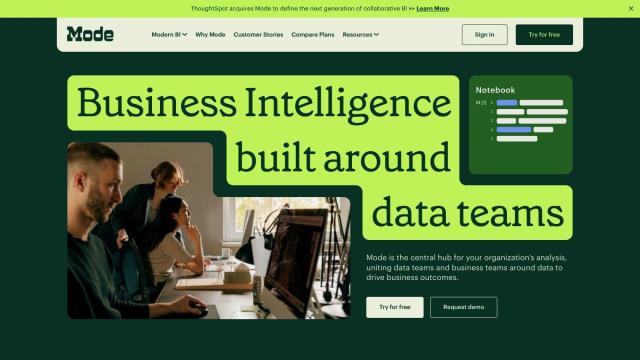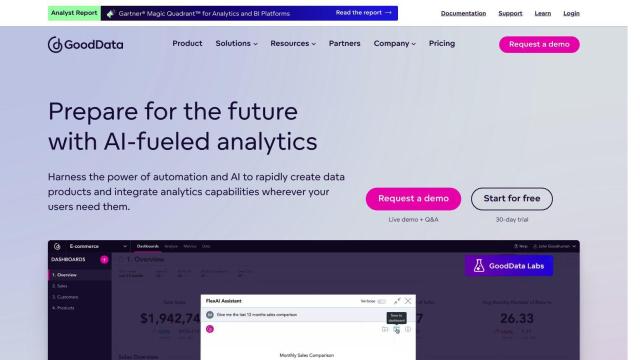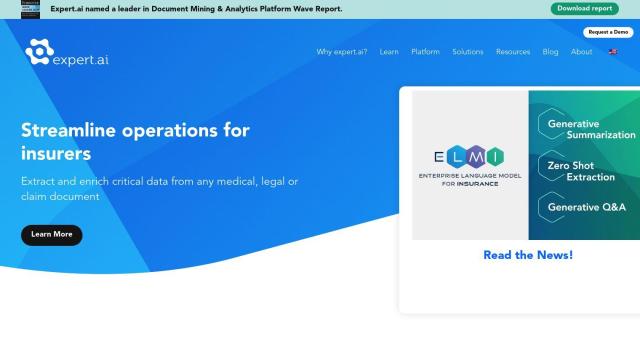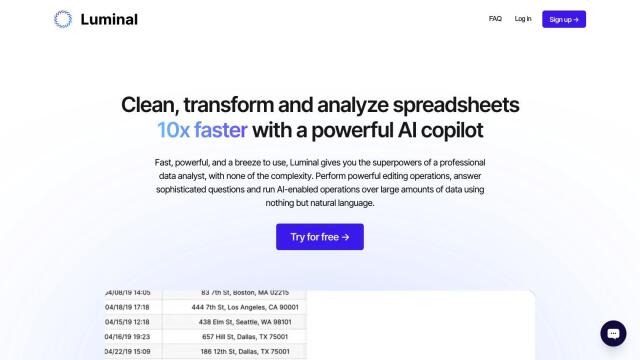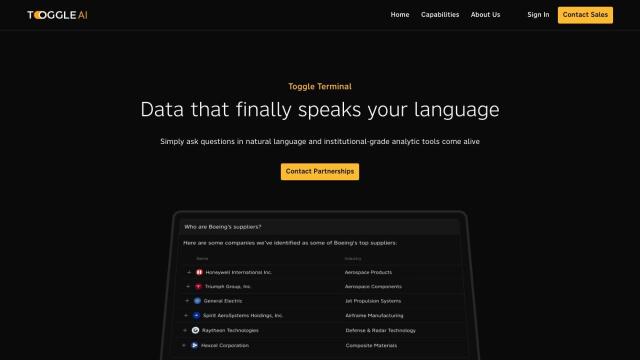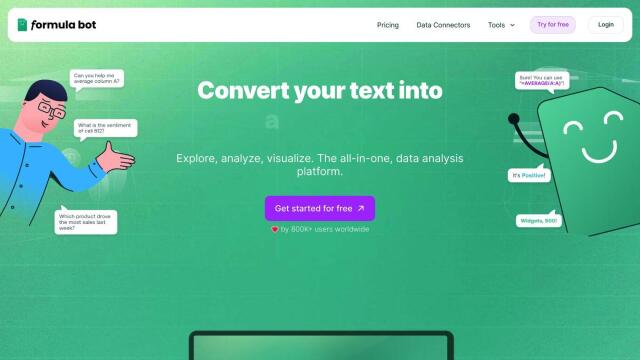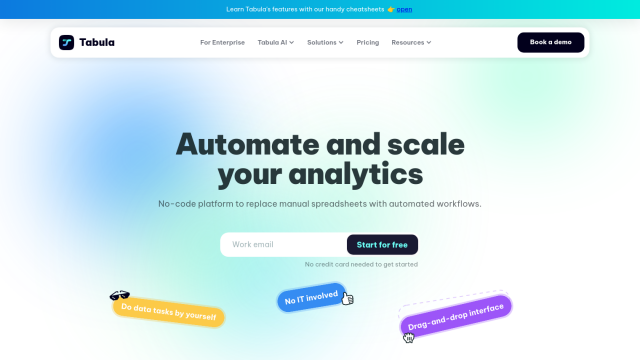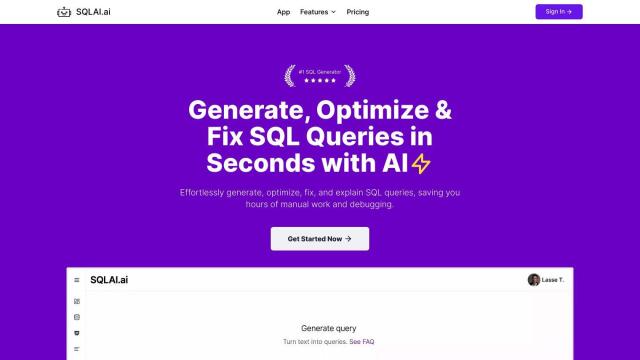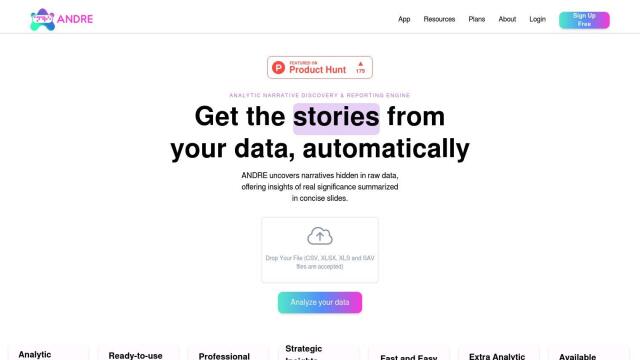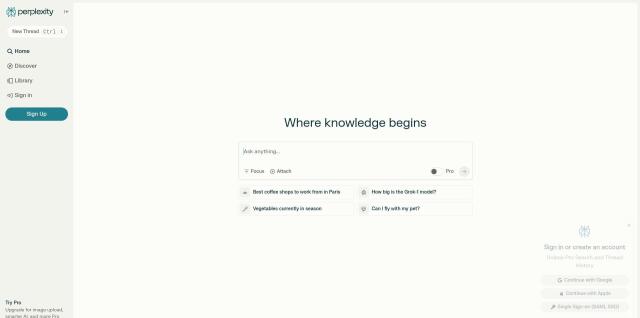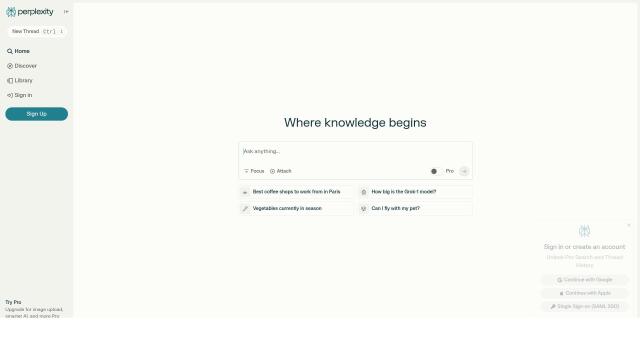Question: Is there a data analysis tool that can help me get expert-level answers from my data set with minimal manual effort?

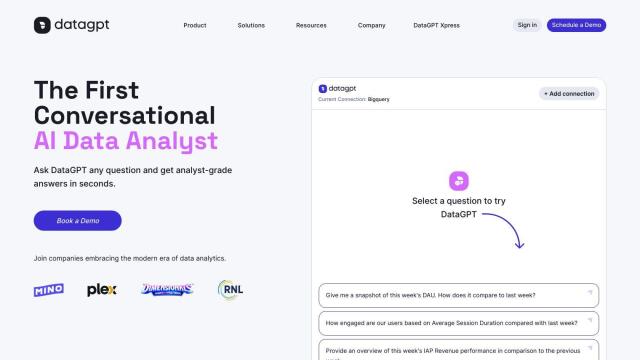
DataGPT
If you want a tool that can get you expert-level answers out of your data set with as little manual effort as possible, DataGPT is a good option. This conversational AI data analyst lets you ask questions and get analyst-level answers in a matter of seconds. It can connect to a variety of data sources, including Bigquery, automate onboarding and metric setup, and offer features like automated insights, context awareness and a data navigator. That makes it good for things like anomaly detection and comparison analysis, and it comes with pre-built templates and integration with tools like Google Analytics.

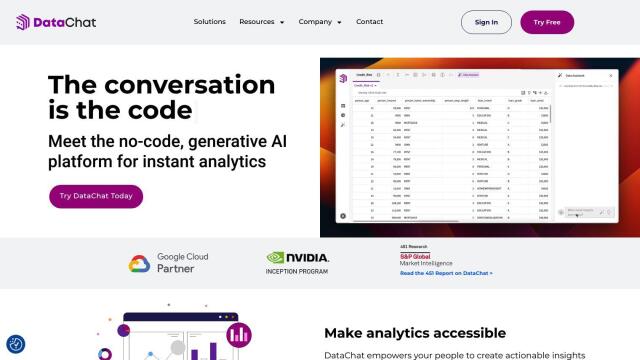
DataChat
Another contender is DataChat, a no-code generative AI service that's designed to transform raw data into useful information. Its interface is conversational, with chat boxes and spreadsheet software, so people with varying levels of technical expertise can analyze data without having to write code. DataChat automates tasks like data prep and outlier analysis, and it can provide AI-generated answers to your questions. It's geared for data scientists, analysts and business users who need to make quick decisions with confidence.

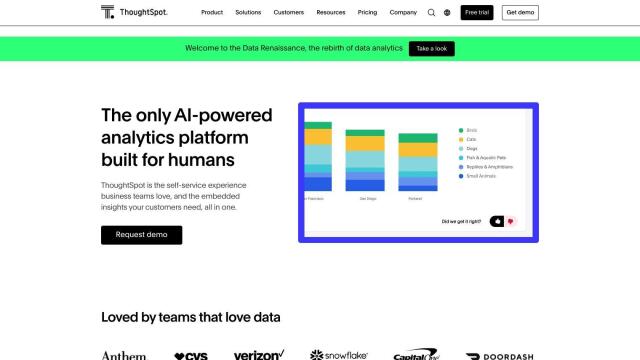
ThoughtSpot
If you like a more natural language interface, ThoughtSpot offers AI-powered analytics that lets you ask complex questions in plain English and get detailed answers and insights. It's good for business teams and product builders, with features like search, embedded analytics and flexible data modeling. ThoughtSpot is designed to handle companies of all sizes, and it lets people get to the data through natural language queries and visualization options.

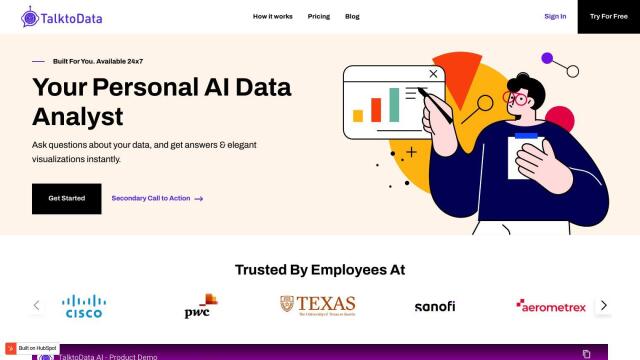
TalktoData
Last, TalktoData offers an AI-powered data analyst that can understand natural language queries and deliver immediate answers and visualizations. It can connect to a variety of data sources like Excel and large SQL databases, and can handle more advanced tasks like correlation analysis and forecasting. It's good for businesses and individuals who want to analyze data without a lot of programming expertise.

